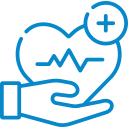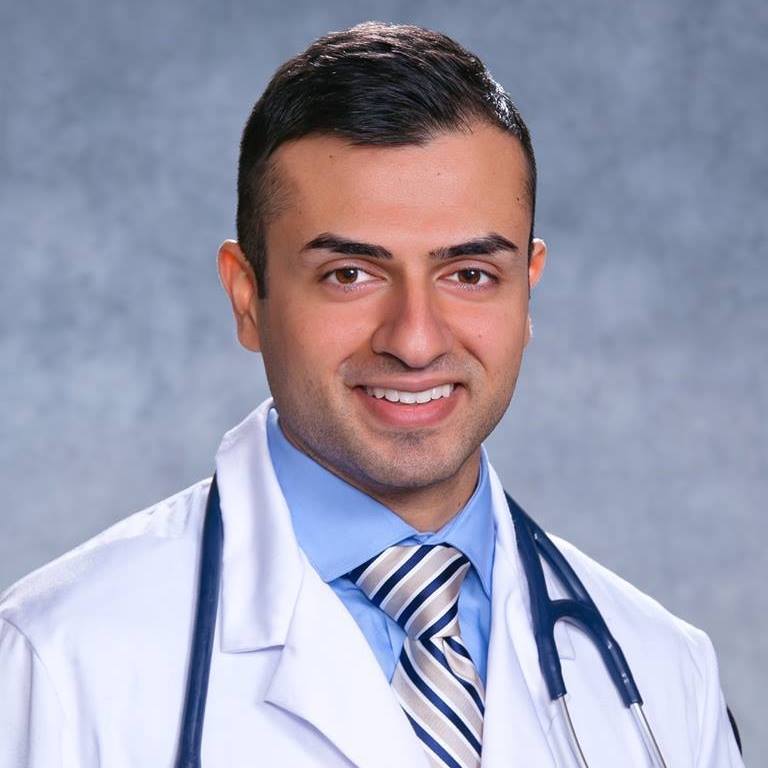It’s challenging to summarize the stresses of modern parenting. Parents today–especially mothers–have more pressure and responsibilities than ever before. Many mothers spend much of their time caring for children’s needs. They may sacrifice their own sleep, alone time, and self-care to ensure their children receive the care and attention they need.
But who is caring for mothers?
The answer is, in many cases, no one. It’s common for mothers in our culture to parent alone. Instead of having a strong support system of friends, family, and a partner, many women struggle to meet their children’s demands alone. Some are “lucky” to have a devoted partner who will help. However, research shows that women still perform most household duties related to parenting and home care.
All of this stress and extra responsibilities can lead to chronic stress and “mom burnout.” When mothers experience burnout, they may turn to drugs and alcohol to get through it.
This article will explore the connection between parental burnout and substance abuse.
What you will learn:
- What parental burnout is
- What causes parents to get burned out
- The connection between burnout and substance abuse
- How to treat mommy burnout and substance abuse
- Where to find comprehensive substance abuse treatment and support
Contact the Carolina Center for Recovery specialists to learn more about our treatment programs or schedule an intake assessment.
What is Parental Burnout?
Burnout is a term describing intense feelings of emotional and physical exhaustion. People in jobs with high levels of stress may experience burnout. It is prevalent in jobs that require constant caretaking.
Parents can also experience burnout. Modern parenting is different than in the past. Many parents care for their children 24/7 with little to no outside support. This can cause parents to feel overwhelmed or exhausted.
Parents have been experiencing burnout for centuries. However, it wasn’t until the 1980s that someone named this condition. Belgian psychologists Isabelle Roskam and Moira Mikolajczak identified this mental health issue and defined it as an exhaustion syndrome.[1]
There are three aspects that separate parental burnout from other mental health conditions. They are:
- Feeling overwhelming exhaustion related to your role as a parent
- A sense of uncertainty about your own parenting abilities or feeling ineffective as a parent
- Feelings of emotional detachment from your children
There are several signs of parental burnout to watch for. They include:[2]
- Feeling trapped
- Fantasizing about escaping
- Suicidal thoughts
- Intense physical and mental exhaustion
- Feeling “drained’ most or all of the time
- Anxiety
- Depression
- Feeling alone
- Emotional detachment from others
- Being easily irritable or frustrated
- Physical symptoms, including muscle aches and headaches
- Sleep problems
- Increased conflict with partner or others
- Feelings of inadequacy
- Lack of motivation
- Loss of interest in hobbies
- Increased substance use
Many parents feel ashamed of feeling overwhelmed or burnt out. Our culture promotes the idea that parents–especially mothers–should have boundless energy and love for their children. Some mothers may feel guilty for feeling tired or needing a break from their children.
However, parental burnout can become more serious if people ignore it. Mommy burnout (parental burnout) can cause long-lasting physical and emotional damage. It increases people’s risk of developing substance use disorder (SUD), depression, and anxiety.
Like other types of chronic stress, it is crucial to seek treatment and learn coping skills to help you manage your symptoms.
What Leads to Mommy Burnout?
Meeting the needs of young children is a full-time job. Thinking about and meeting your children’s needs around-the-clock can be exhausting. Balancing your children’s needs, work, other responsibilities, and relationships can push parents to their mental and physical limits.
Our culture also promotes the idea that parenting should be 100% joyful at all times. Parents may see idealized parenting on social media and feel pressure to meet these unrealistic portrayals of motherhood.
Many other factors can raise your risk of mommy burnout. They include:
- Believing you need to be a “perfect” parent
- Lacking support from your partner
- Financial concerns
- Lack of community support (childcare, grandparents, other family members, etc.)
- Feeling uncomfortable expressing needs or asking for help
- Having two working parents
- Being a stay-at-home parent with limited social contact
- Having a child with mental health or physical challenges
- Not having any free time
Parents must find support and increase parenting skills to avoid burnout. Without addressing the root causes of parental burnout, parents are at increased risk for mental and physical health complications, including substance use.
What is the Connection Between Parental Burnout and Substance Use?
People who face stress that overwhelms their coping abilities may be at increased risk for substance abuse. Using drugs and alcohol to cope with frustration, stress, or other challenges is called “self-medication.”
Parents suffering from burnout may increasingly rely on drugs or alcohol to get through the challenges of 24/7 parenting. However, temporarily relieving stress with alcohol or other drugs can spiral into addiction.
It’s critical to watch for signs of burnout and substance abuse. Take action as soon as you recognize a problem. Comprehensive treatment can help you overcome substance abuse and develop coping skills to reduce burnout. Treatment may include mental health treatment, medications, support groups, education, family therapy, and more.
Find Help Now
If you or a parent you love is struggling to make parenting work without drugs or alcohol or is experiencing burnout, you are not alone. Contact the team at the Carolina Center for Recovery to explore our treatment and support programs or to schedule an intake assessment.
References:
- Research Gate: Parental Burnout: What Is It, and Why Does It Matter?
- BMC Public Health: A systematic review of parental burnout and related factors among parents










